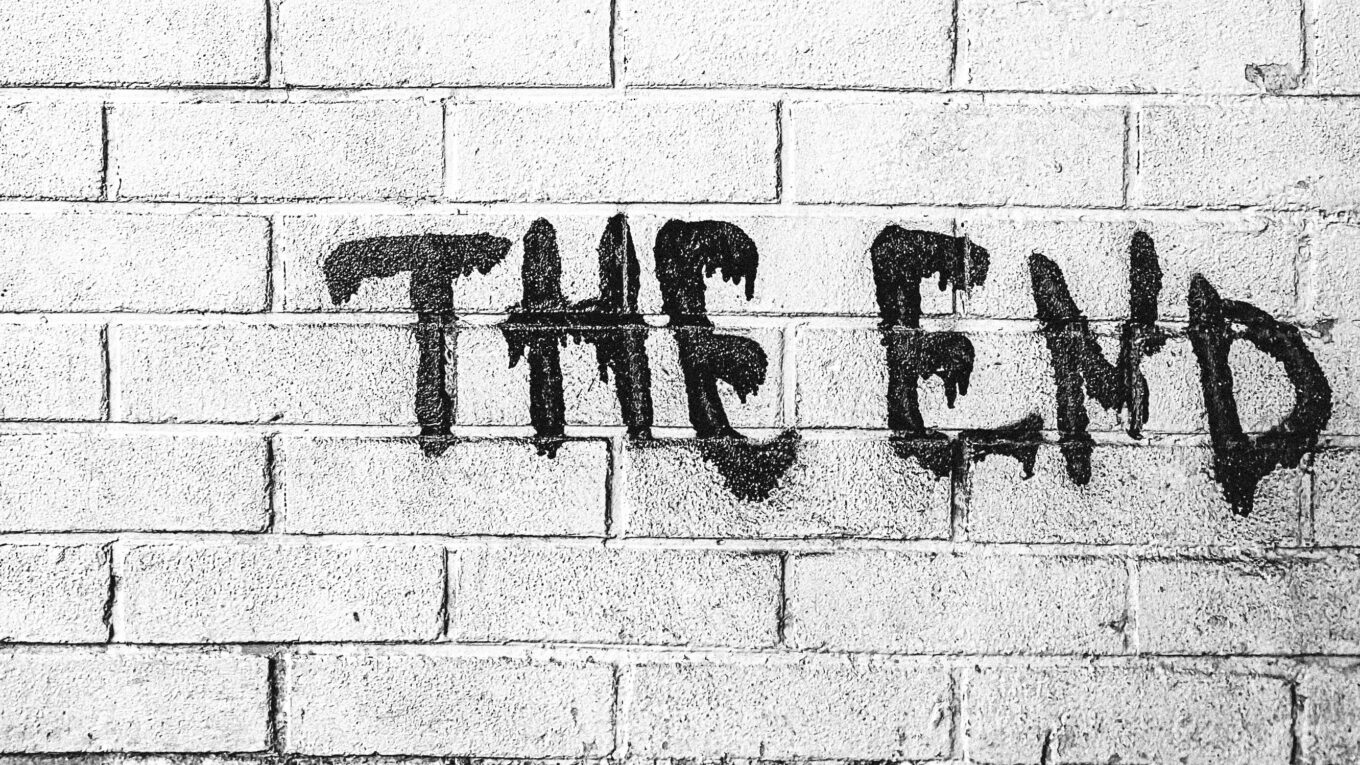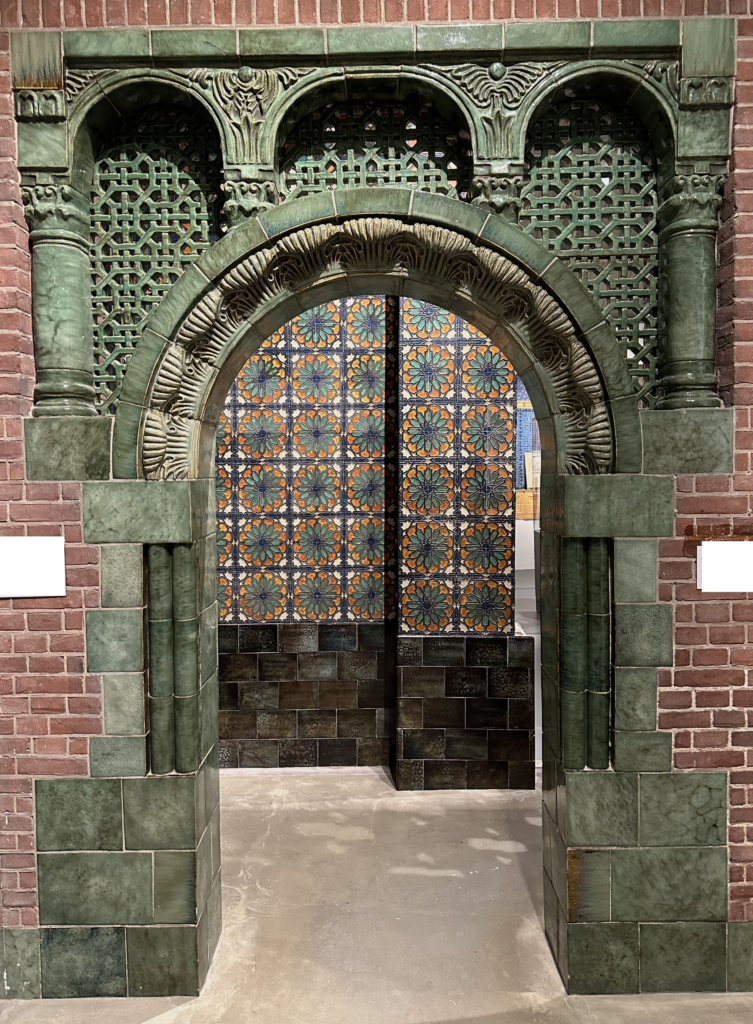Threshold
Once you cross the threshold you will never be the same. That is a fact.
Kamal Ravikant
I stand on the threshold, anticipating what is yet to come. Threshold moments happen often in life, yet we rarely have time, take time, or make time to reflect on what these may mean. Once crossed, these thresholds change us, sometimes in dramatic ways. Memorable thresholds may be a graduation from school, a marriage, or the birth of a child. Each of these shift our being into becoming something new or different. Other thresholds come and go seemingly without fanfare, yet these thresholds also hold that promise of change. As I reflect on my current threshold, this shift may shape who I am and what I may yet become.
Let me share a ‘threshold’ reflection.
Threshold concepts, according to Mayer and Land (2003), include the following features: transformation, liminality, integration, reconstitution, irreversability, boundedness, discourse, and being troublesome.
Threshold concepts are connected to knowledge capabilities. (Baillie et al, 2013). According to Bowden (2004), knowledge capabilities include:
- “working out key aspects to be dealt with in new situations;
- relating these aspects to knowledge already acquired and/or to other knowledge the person knows how to access;
- determining what each task or problem in the new situation might be;
- designing processes or solutions to deal with the situation; and
- having the ability to follow through and complete the task or solve the problem, either alone or with others” (p. 40).
These threshold concepts and knowledge capabilities are evident in the work I have conducted in this PhD research.
A threshold presupposes there is episteme – some understanding that can be gained, some ‘‘system of ideas or way of understanding that allows us to establish knowledge of the concept’’ (Baillie et al., 2013, p. 228). Thresholds are also preset to identify phronesis, which is concerned with value judgements and decision making about what is appropriate in the circumstances, and techne, which is about the craft, not the values but the technical skills involved in knoweldge acquisition (Baillie et al., 2013).
As a reflection of the PhD research, I am confirming that the threshold has been reached. I have been transformed as a teacher and learner through the process of a) working out key aspects for the research; b) relating previous knowledge about MDL, OEPr and teacher education to these key aspects; c) determining what tasks to include e.g. interviewing, creating word clouds, sketchnoting; d) designing processes to deal with each situation, for example establishing the research phases; and e) having the ability to complete the task or solve the problem, as modelled by my review of research data analysis after completing the data gathering to address a gap in my research skills and abilities. As a result, I have now reached and crossed the threshold into becoming, and thinking, like a researcher.
The trouble with thresholds is that once you’ve crossed them, you can’t go back. You can look back, even reflect on what has been, but once the lintel is behind you, there is no stepping back from what you have become. In this new state of awareness, the challenge is to look forward, toward the next threshold. That’s where I am now…. awaiting this new revelation.
Reference
Baillie, C., Bowden, J. A., & Meyer, J. H. F. (2013). Threshold capabilities: Threshold concepts and knowledge capability linked through variation theory. Higher Education, 65(2), 227–246. https://doi.org/10.1007/s10734-012-9540-5

